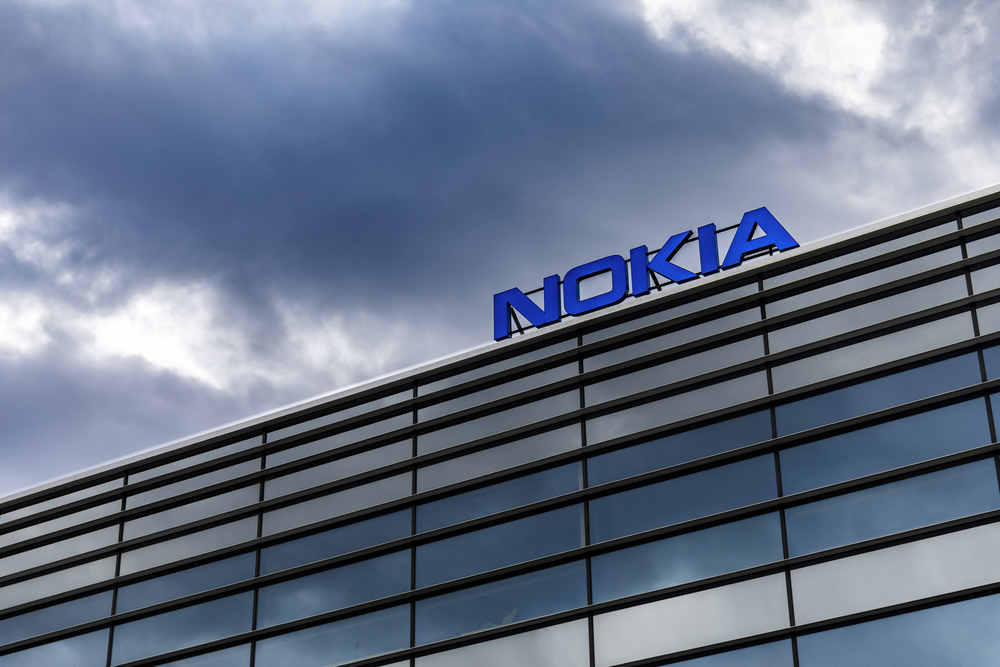Nokia to spearhead Germany’s 6G lighthouse project
6G-ANNA is backed and aided by the German Federal Ministry of Education and Research

Nokia has announced it will lead 6G-ANNA, a government-funded 6G lighthouse project in Germany.
Part of the larger “6G Platform German” national initiative, 6G-ANNA is backed by the German Federal Ministry of Education and Research (Bundesministerium für Bildung und Forschung).
RELATED RESOURCE

The challenge of securing the remote working employee
The IT Pro Guide to Sase and successful digital transformation
The project, which is worth up to €38.4 million, is geared towards advancing German and European 6G agendas and promoting global pre-standardization activities.
Over the course of three years, Nokia will collaborate and lead 6G research and standardization with 29 partners in the 6G-ANNA, including subject matter experts, start-ups, research institutes, and distinguished universities in Germany.
With Nokia leading the project, the consortium aims to design and enable an end-to-end 6G architecture encapsulating three key technology areas: 6G access, a network of networks, and automation & simplification.
Additionally, Nokia will contribute to Germany’s broader 6G ecosystem, including four academic 6G Hubs.
“Beyond Germany, 6G-ANNA aims to interact with other major 6G flagship projects in Europe and the U.S. to shape global 6G standards,” explained Nokia.
Sign up today and you will receive a free copy of our Future Focus 2025 report - the leading guidance on AI, cybersecurity and other IT challenges as per 700+ senior executives
Head of Nokia Standards, Peter Merz, said: “We are honored to lead 6G-ANNA, the most important government-funded 6G lighthouse project in Germany.”
“While the first 6G networks are not expected to be commercially available before 2030, we are already laying the technical foundation with 5G-Advanced, as well as long-term innovation that will drive 6G developments.”
-
 Redefining resilience: Why MSP security must evolve to stay ahead
Redefining resilience: Why MSP security must evolve to stay aheadIndustry Insights Basic endpoint protection is no more, but that leads to many opportunities for MSPs...
-
 Microsoft unveils Maia 200 accelerator, claiming better performance per dollar than Amazon and Google
Microsoft unveils Maia 200 accelerator, claiming better performance per dollar than Amazon and GoogleNews The launch of Microsoft’s second-generation silicon solidifies its mission to scale AI workloads and directly control more of its infrastructure